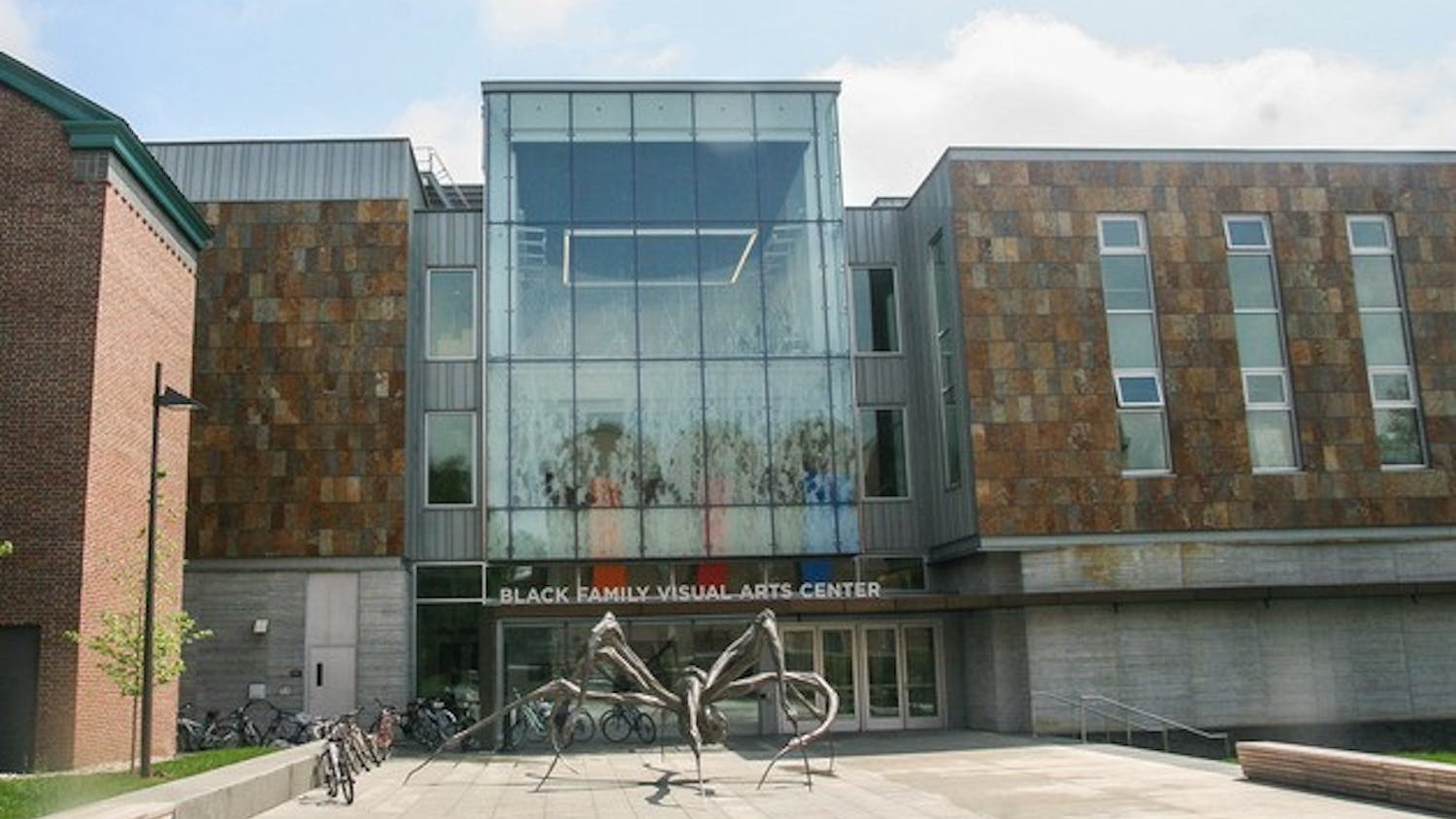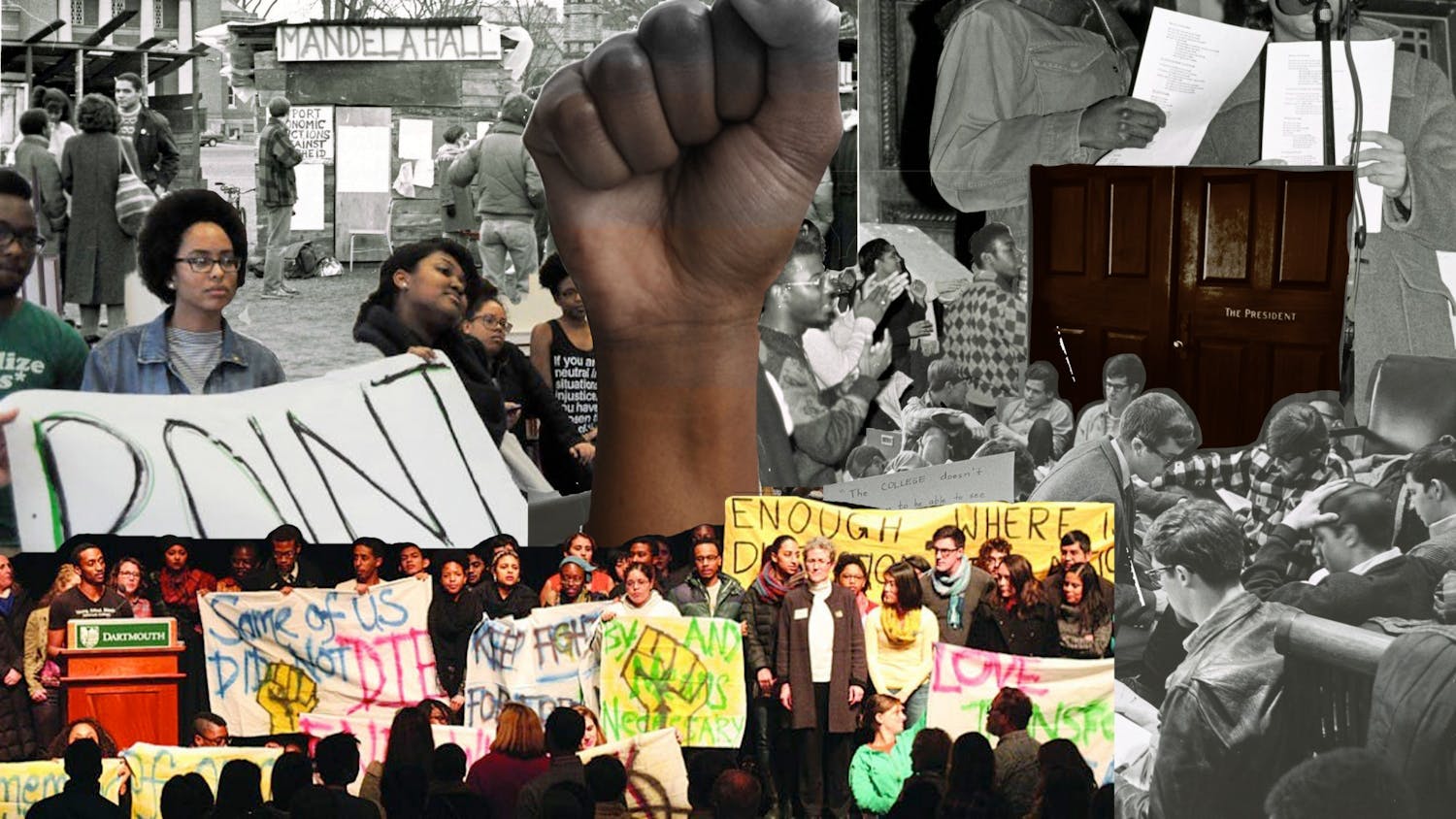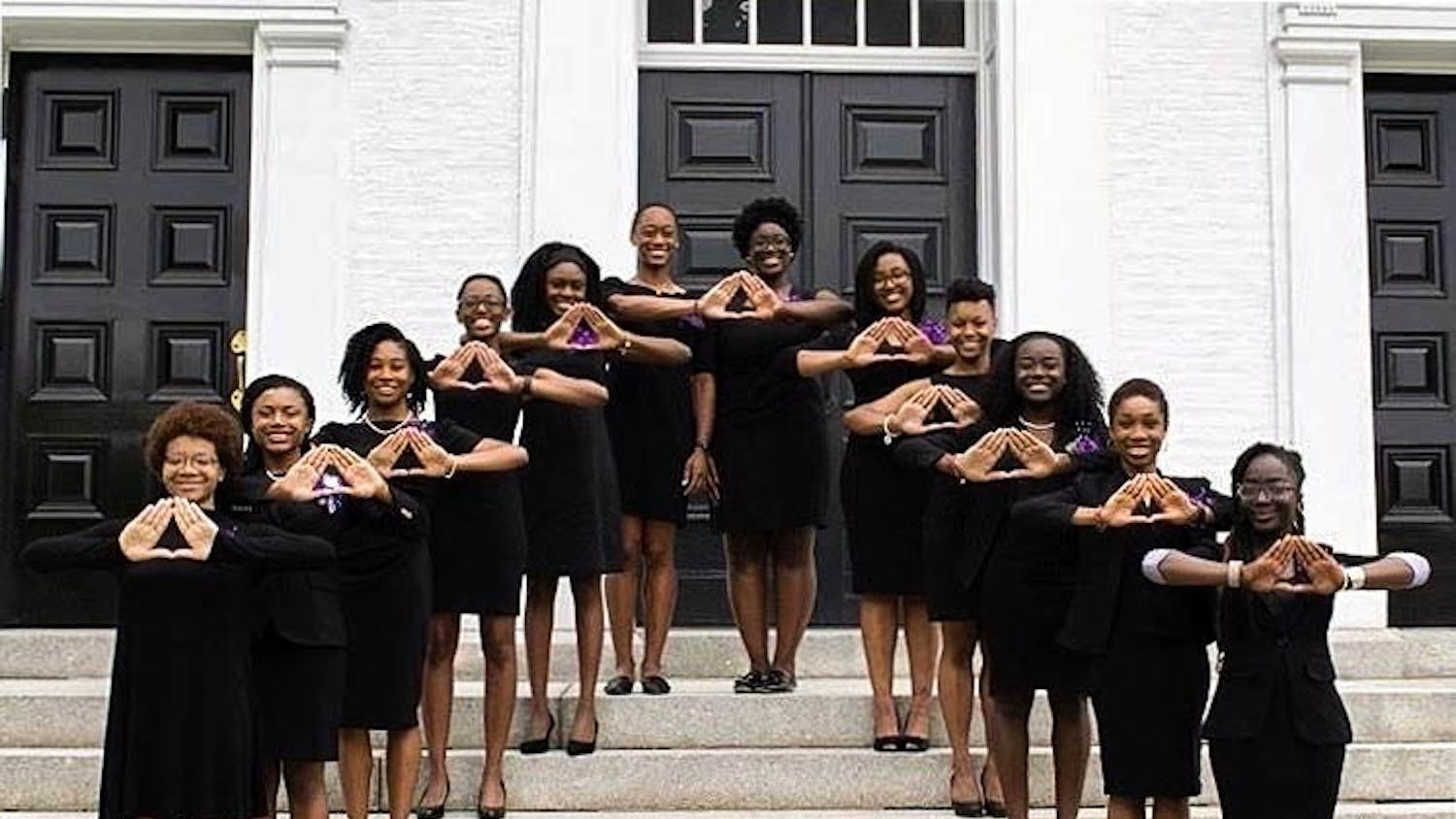What is the symbolic meaning of Black History Month?
The answer seems obvious: learning about Black history. But what does that mean, per se? What does that learning signify?
Normally, Black people use this time to commune over shared racial experiences and a shared history that has been stolen from many and erased for others. Many air grievances, share Black historical facts and make jokes to deal with the experience of being Black in America.
Pre-COVID-19, I would follow what people expected me to do — I would engage with other Black people and would publicly laugh off racist experiences, but I never really sat down to contemplate the month’s deeper meaning.
This Black History Month is no doubt different from others. It feels more isolating, depressing and exhausting. Personally, I have felt a loss in motivation to celebrate something that I love being — Black. It seems that this sentiment is shared by many throughout Dartmouth, especially given the lack of enthusiasm for the events organized by the various Black-centered groups on campus.
This phenomenon led me to search for ways that I can still celebrate Blackness in a way that isn’t mentally exhausting. At the beginning of February, with nothing but time and heightened levels of loneliness, I decided to celebrate Black History Month and dig deeper into the archives of Black history. Since then, I finished reading Saidiya Hartman’s book, “Lose Your Mother.” In it, I found a grammar that changed the way I understand and conceptualize Black history.
Lose Your Mother made me ponder what this month would mean to the Black people who came before me. In the book, Hartman details her experience as a descendant of slaves while walking along a Ghanaian slave route. She explains how she feels a lack of connection to the land and yet a yearning to know what has been stolen from her — her genealogy.
Her conundrum is reflected within the title of the book. Losing her genealogy, for her, translates to losing her connection to her ancestors — her “mother.”
Her vulnerability showed me a more intimate meaning of Black History Month. In addition to providing an opportunity to come together as a community and bond and laugh, it can be used to uncover and reflect on the past. It is a promise to continuously grasp at what was meant for us to forget: who we are, where we come from and what that means for us now.
Though I have a very different genealogy from Hartman’s because I am a product of Nigerian and Filipino immigrants, I can relate to the metaphor of losing one’s “mother.” I didn’t lose my genealogy, but I have experienced a warping, erasing and rewriting of Black history.
After reading Hartman’s work, I view the creation of Black History Month as a contract, committing to attempt the impossible: tracing what has been lost. It is as big as searching for one’s genealogy and as small as meditating on the possible forgotten stories of Black people.
To me, the purpose of the month is to recognize the intergenerational trauma that I have inherited from my ancestors. It comes with great sorrow and pride to know that their essence is everlasting — engulfing us all. I am saddened because I know their essence was created through copious amounts of suffering, but simultaneously I am glad knowing that they are always guiding me.
Now, I frequently ponder the sacrifices Black people, in the past and now, have made for me to be able to attend Dartmouth, an institution whose founder claimed this land with more than sixteen slaves. This fact is why I think the act of celebrating Black History Month at Dartmouth is so astounding and radical.
Though those slaves will never know about how time has transformed, I find a bit of peace knowing that I am one of many that know their names: Achelous, Bill, Billy, Brister, Caesar, Cloe, Dinah, Elijah, Exeter, Fortune, Hagar, Hercules, Ishmaal, Peggy, Selinda and Sippy.
Those slaves and Hartman’s ancestors probably thought they were going to be forgotten. I’m glad to say that they aren’t. In fact, this month — regardless of how many argue that it means nothing — at the very least recognizes that there is importance in remembering.
We are only midway through this Black History Month, and I already think it will be an unforgettable one. Now, I see it as a personal responsibility to not only create community and strengthen my interpersonal relationships with other Black people, but also dig deeper and find what has been stolen from me. I must find the people I was meant to forget because their existence laid the foundation for mine.
Now, I hope, every Black History Month and in the time in between, we can all find our mother.




